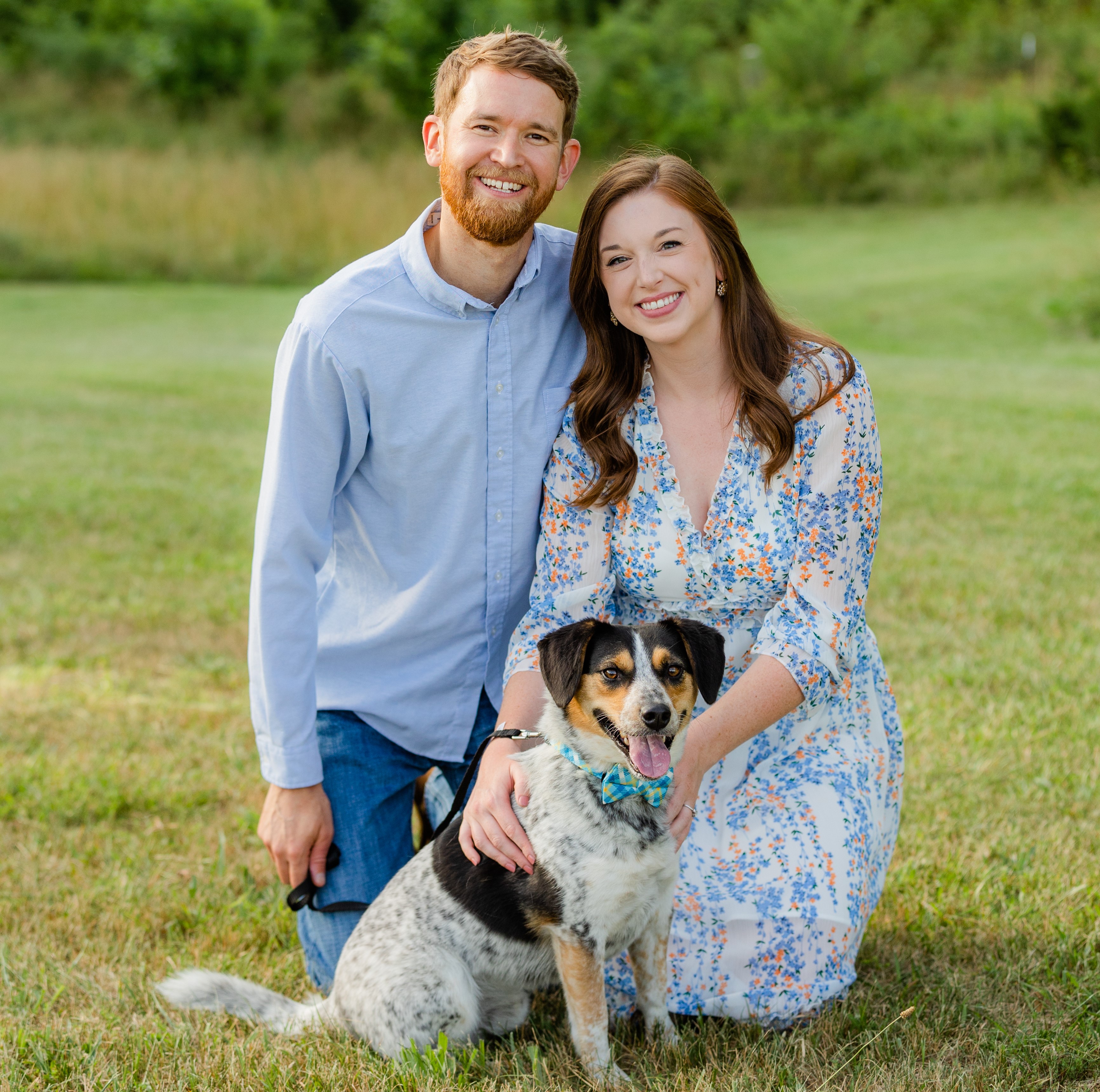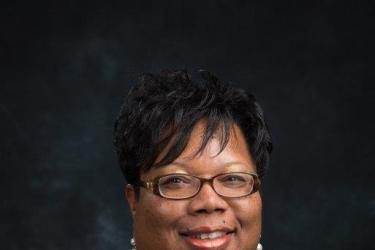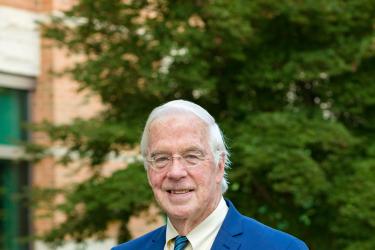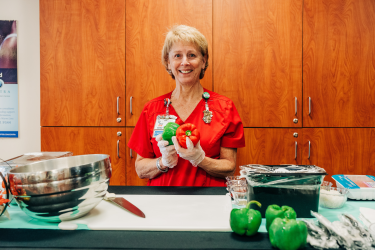Fighting cancer through the family tree
Genes–they’re something all of us have but many of us don’t understand! From your eye color to your blood type, many of our physical traits are determined by our genes. But did you know that your risk for cancer also has the potential to be hereditary?
At Centra’s Alan B. Pearson Regional Cancer Center, Kelsey Newell provides genetic counseling services to patients across Centra. Having chosen the field because it mixes both the healthcare field and the human element of counseling, Kelsey is passionate about building relationships with her patients by learning their stories and family backgrounds.
In a patient’s first visit with Kelsey, they will discuss their family history and she will determine if the patient may have a hereditary risk factor for cancer such as cancer in multiple generations on the same side of the family. Learning the patient’s family history helps Kelsey to determine whether the patient is a good candidate for genetic testing through a blood draw. If they choose to undergo genetic testing, Kelsey will explain the possible outcomes and guide them through what the results mean for themselves and their family.
There are some individuals who should receive genetic testing no matter their age or what their family history looks like such as patients with ovarian cancer, pancreatic cancer and male patients with breast cancer. Any patient who was diagnosed with breast, colorectal or uterine cancer under the age of 50 should also be offered genetic testing.
If you’re wondering if you would be a good candidate for genetic counseling and testing, Kelsey recommends learning as much as possible about your family history and then talking to your primary care provider about whether it might be a good idea.
During the month of October, we are often reminded of the importance of mammograms, but knowing your family history related to cancer is another key aspect of breast cancer prevention. People who have a higher risk based on genetic factors or family history often benefit from additional screening, which can help detect cancers at an earlier stage. There may also be proactive steps they can take to lower their risk of certain cancers.
A common misconception is that genetic testing for breast cancer is all about the BRCA1 and BRCA2 genes. However, Kelsey explained that there are many other cancer genes besides these two that are also important to test. Current genetic tests typically look for mutations in several dozen different genes all at one time.
Kelsey dispelled another prevalent misconception regarding the risk of developing breast cancer. It's often believed that the risk is higher if a family member on your maternal side has had the disease. However, it's crucial to understand that you can inherit the cancer-predisposing mutation from either your mom or your dad’s side. Furthermore, multiple types of cancers can be associated with the same mutation. This underscores the importance of comprehensively assessing your family's cancer history 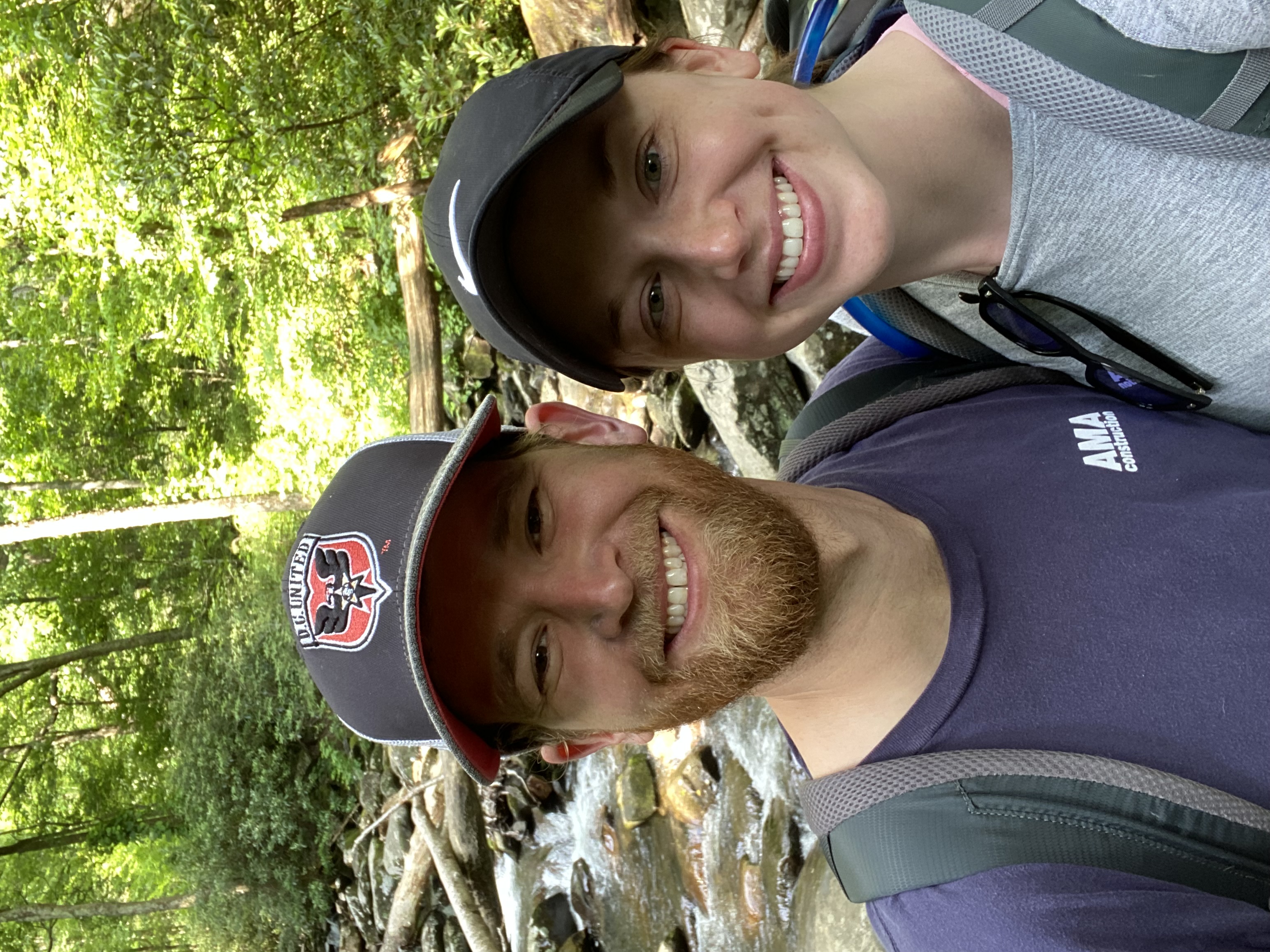 to understand the complete risk landscape.
to understand the complete risk landscape.
Finally, genetic testing is actually a lot more affordable than people often think. If an individual meets the national guidelines and criteria, insurance will usually cover the cost and if they don’t meet the criteria, the testing usually costs around $250 with financial assistance options also available.
A Centra Caregiver since July 2022, Kelsey expressed that she’s gotten to witness, “a dedicated team of providers and engaged patients. This has been a great team to be a part of.” She also shared that the most rewarding part of her job is getting to use the information gathered through testing to catch cancer earlier and lower the risk for her patients and for their family members.
When Kelsey isn’t working at Centra, you are likely to find her spending time with her husband and Australian Cattle Dog, Tucker! They enjoy spending time outdoors hiking and their most recent vacation involved multiple hikes along the coast of Maine. When asked if she could live in any decade, Kelsey said, “I’ve loved my lifetime, and I’m especially partial to the 90s and its pop culture. I don’t think I would go back in time!”

